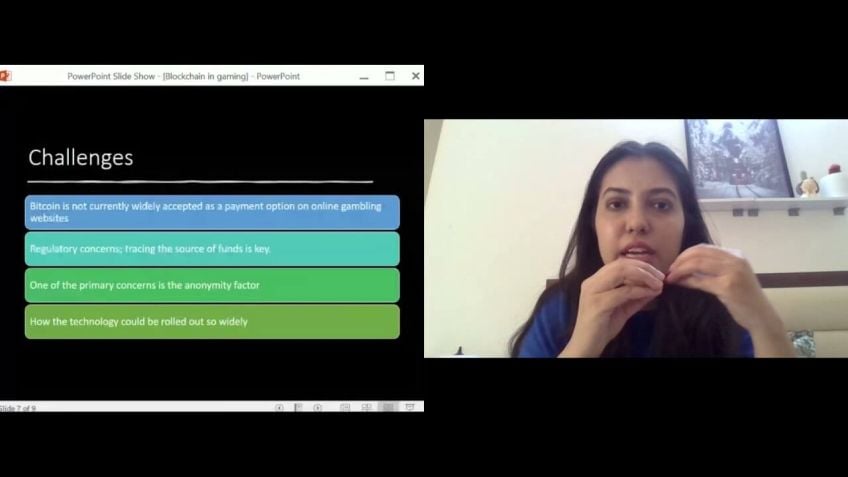Regulatory Compliance Officer
Regulatory Compliance Officer
As a Regulatory Compliance Officer, you will play a crucial role in ensuring that an organization operates within the legal and regulatory frameworks that govern its industry. Your responsibilities will include developing and implementing compliance programs, conducting internal audits, and staying abreast of regulatory changes to ensure that the company remains in compliance at all times.
Opportunities in Regulatory Compliance
Regulatory Compliance Officers have opportunities to work in a wide range of industries, including healthcare, finance, technology, and manufacturing. These professionals can pursue roles in regulatory affairs, quality assurance, compliance consulting, and risk management, among others. The demand for Regulatory Compliance Officers is growing as companies seek to navigate complex regulatory landscapes and maintain ethical business practices.
Key Skills and Qualifications
To excel in a career as a Regulatory Compliance Officer, candidates should possess strong analytical and problem-solving skills, attention to detail, and excellent communication abilities. A background in law, ethics, business administration, or a related field can serve as a solid foundation for this career path. Additionally, familiarity with regulatory standards and laws, such as GDPR, HIPAA, or SOX, is highly beneficial.
By pursuing a career as a Regulatory Compliance Officer, individuals have the opportunity to contribute to the integrity and sustainability of organizations while ensuring legal compliance and ethical conduct across industries.

